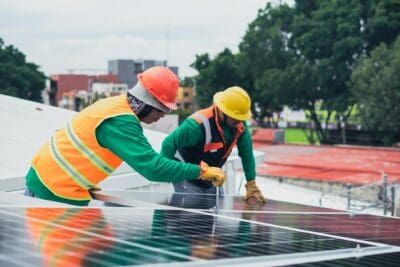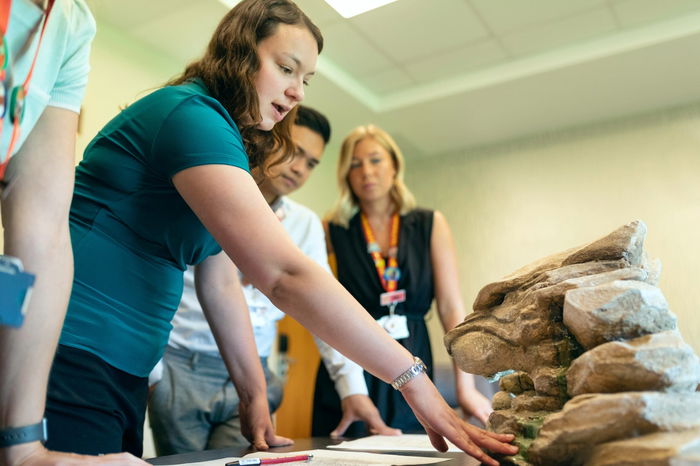Despite the increasing demand for recognized green job roles such as solar photovoltaic installers, environmental scientists, and electric vehicle technicians, the United States currently boasts only an estimated 900,000 green jobs, accounting for a mere 0.6% of the workforce. This highlights the stark gap in the employment market, especially considering the critical need for a transition toward a more sustainable and environmentally friendly economy. Additionally, the representation within these green jobs is lacking, failing to include significant portions of the populations most adversely affected by climate change—individuals from low-income backgrounds, people of color, and residents of rural areas.
This underrepresentation speaks to a broader, more troubling issue: the pace of transition to a green economy is insufficient to diminish the considerable health risks posed by climate change or build equitable resilience for communities experiencing devastating, continuous natural disasters. Moreover, the emerging green jobs that could serve as pillars for this necessary change, particularly those demanding science, technology, engineering, and math (STEM) skills, often require at least a bachelor’s degree. Employers offering green jobs lack entry-level positions or clear pathways for individuals from communities that have not received equitable investments from the government or private-sector institutions, compounding the challenges of achieving an inclusive and equitable green transition.
This situation is exacerbated by the current inadequacies in job standards and tools, which are ill-equipped to contend fully with the extensive transformation toward a green economy. This shortfall impedes jobseekers’ ability to make informed decisions about opportunities within this growing sector. It restricts employers’ capacity to measure a job’s environmental impact, invest in the “up-greening” of roles, disclose such investments in climate action, and engage actively in the global race toward zero emissions. The deficiency in resources and tools not only limits the ability of jobseekers to navigate the green job market effectively but also prevents employers from playing a more dynamic role in the environmental sustainability movement.



